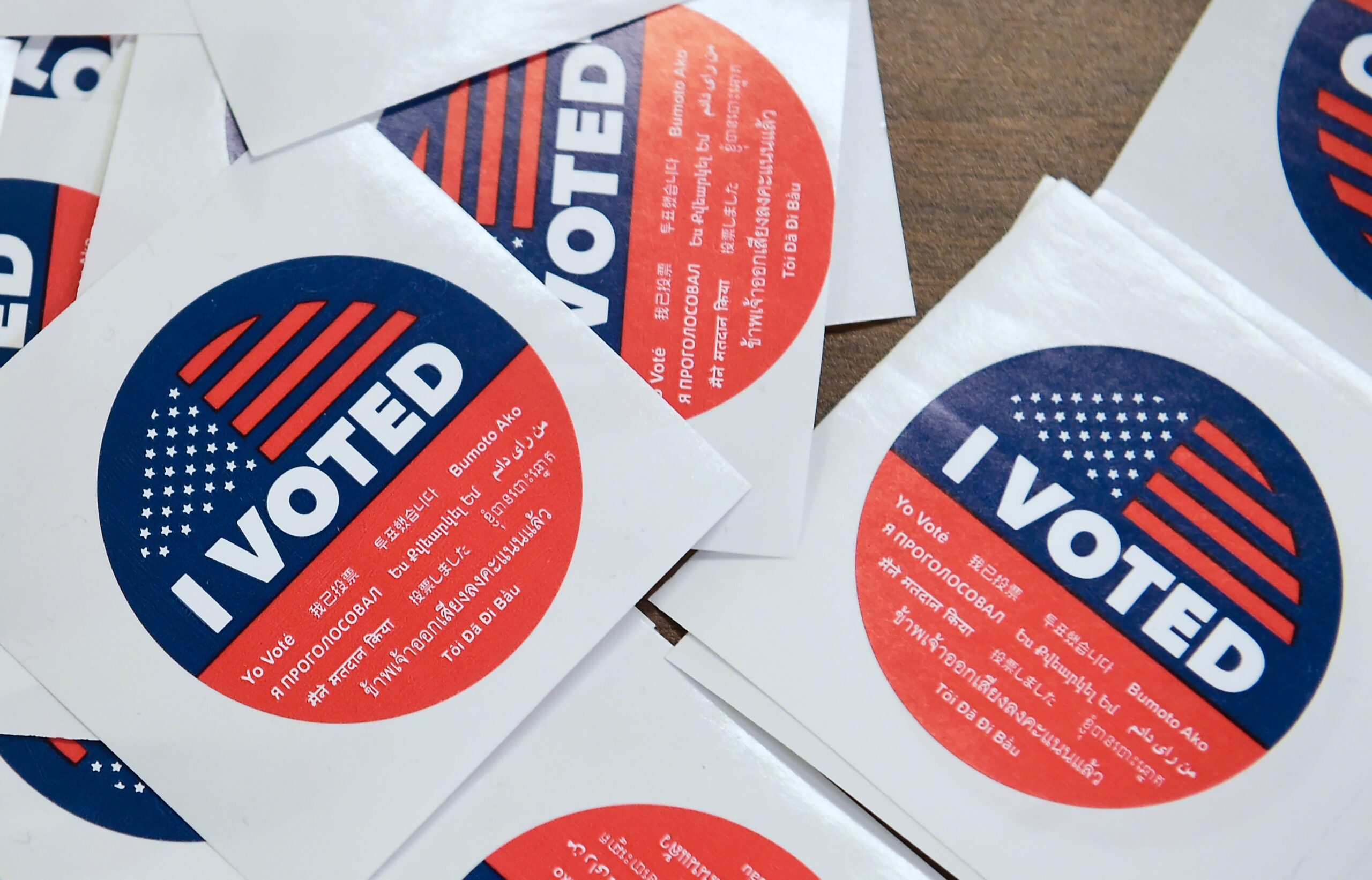Students undecided on who to vote for as election nears

Some students are split as to who they’re going to vote for governor on Nov. 8, as discussions surrounding issues like economics and abortion laws becoming stricter take prominence.
Voters across the state will decide between Republican Gov. Ron DeSantis and Democratic nominee and former Gov. Charlie Crist. However, with the broad scope of the candidates’ platforms to consider, some students feel the choice isn’t so obvious.
Following the overturning of Roe v. Wade by the Supreme Court in June, environmental science major Lindsay Marrion said abortion tops her priorities when she will come to a final decision. With Crist being more clear about his stance on abortion laws, Marrion said that’s who she will likely vote for.
“It’s definitely reproductive rights, especially with the overturning of Roe v. Wade,” Marrion said. “The representative for my area is Matt Gaetz, and he is a very [anti-abortion] kind of person. That just doesn’t align with my view.”
If elected, Crist said on his first day in office he would sign an Executive Order defending the right to access a safe abortion per the Florida Constitution, according to his campaign. He also said he will veto any anti-choice legislation passed by the Florida legislature and take any locality in Florida that infringes on Roe v. Wade to court.
These positions seemingly contradict Crist’s 2006 gubernatorial bid, where he said as an anti-abortion governor, he would ban all non-life-threatening abortions within the state, according to an April Tampa Bay Times article.
DeSantis, on the other hand, hasn’t been so clear on his position on abortion besides promising to work on expanding anti-abortion protection, according to an August Tampa Bay Times article. The biggest stride made in expanding those preferences was the 15-week ban, which he said was difficult and didn’t express interest in building upon.
Other core issues Crist intends to tackle if he were to win back the governorship include ensuring voter rights, including reversing DeSantis-era mail ballot limitations, and establishing stricter gun laws, such as banning the sale of assault weapons, according to his website.
During his first term, DeSantis’ accomplishments included protecting Florida’s small business owners with a promising economy while climbing out of the pandemic and raising K-12 teacher pay, according to the same article. The state unemployment rate dropped to 3% compared to the 3.6% national rate.
Some students are considering reelecting DeSantis because of his handling of the pandemic. Senior Joe Calderelli said he is leaning toward voting for the Republican candidate, even though he identifies as an independent.
“Mainly, I like that the governor is doing things that other states aren’t. If you have seen how it was during the lockdowns with COVID, he didn’t lockdown every business, and I own a few businesses. It helped me in the long run,” Calderelli said.
DeSantis also plans to continue his pro-gun efforts by enacting a bill to allow Floridians to carry firearms publicly even if they have no prior training or experience, according to an Aug. 28 Tampa Bay Times article.
Regardless of political stance, voters are preparing to make their voices heard in this election. There are 107,570 more registered voters in Florida this year compared to 2021, an upswing from the 278,027 decrease between 2020 and 2021, according to the Florida Department of State.
Biomedical sciences major junior Gary Simpson said the registration efforts from the university to educate and inspire college students to vote are necessary for a change of route in politics.
“I feel like, as college kids, we don’t realize how many of us there are out there compared to other groups,” Simpson said. “We have the most power in our voices because we are the younger generation.”







